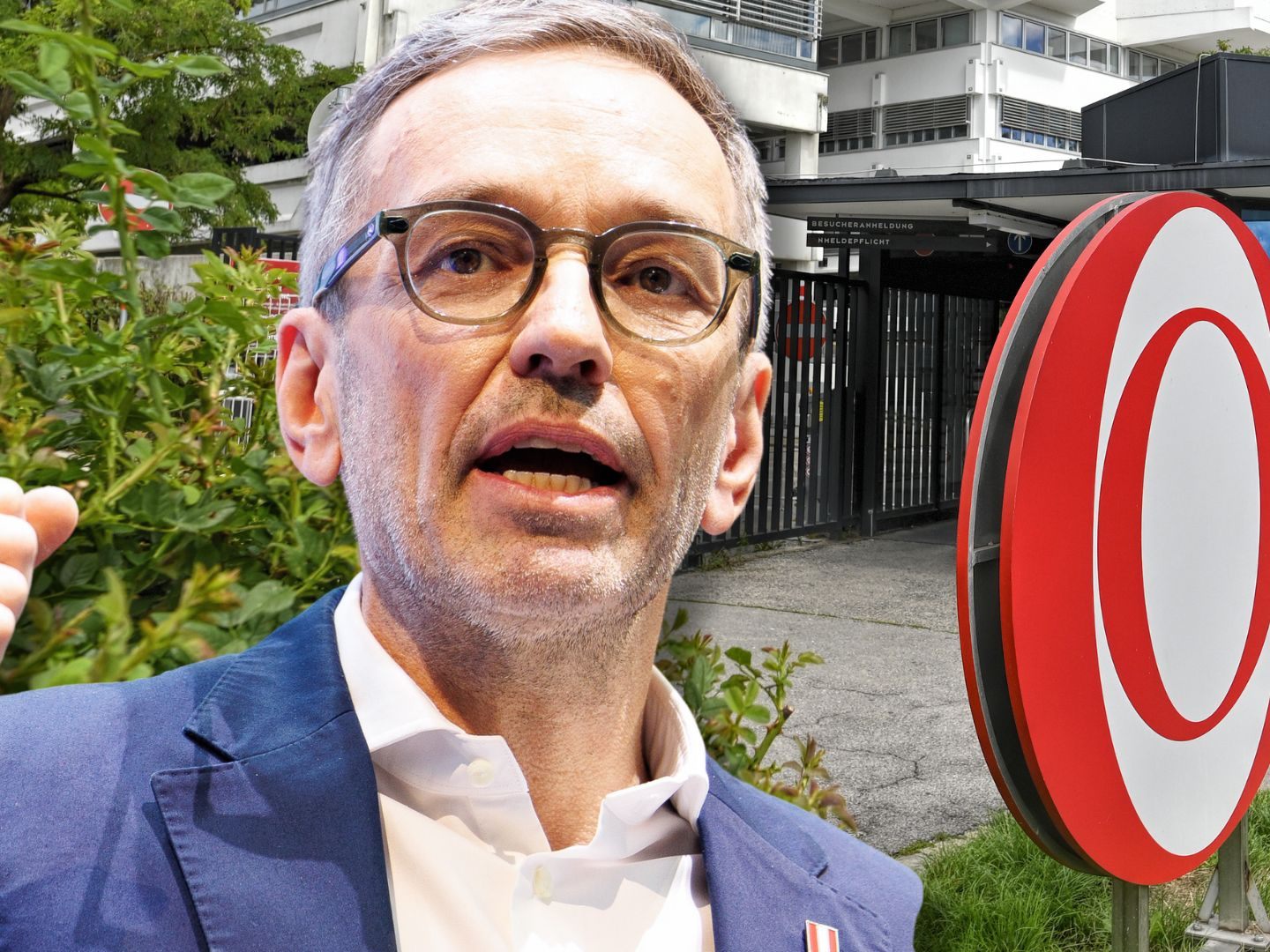ORF Contribution on the Verge of Termination: FPÖ Plans End of "Compulsory Tax"

The FPÖ, which is negotiating a coalition with the ÖVP, wants to overhaul the financing of the ORF and media support. The Freedom Party sees the ORF household fee introduced under the black-green government as a "compulsory tax" that must be abolished. Currently, the fee must be paid by one person per main residence - regardless of whether receiving devices are available. Financing from the budget, as desired by the FPÖ, has also been considered in the past.
Possible Changes to ORF Contribution in Sight
The ORF household fee has been in existence since January 1, 2024. It was introduced under ÖVP Media Minister Susanne Raab, who is currently discussing media policy with the FPÖ for a future government. The reorganisation of the ORF contribution was necessary due to a decision by the Constitutional Court (VfGH) - according to which the exclusive streaming of ORF programs had to be chargeable from 2024 onwards.
Unlike the GIS fee it replaced, the household fee must be paid even if no receiving devices are available. It is paid by one person per main residence, secondary residences are exempt. The household fee is 15.30 Euros per month, plus regional fees may apply depending on the state.
"The preference of the ORF, characterized by opinion journalism, through a compulsory fee is not justifiable," says the FPÖ's program for the National Council election. Their counterproposal, to finance the ORF from the federal budget, was also discussed before the introduction of the household fee, but was ultimately rejected. If financed from the budget, the ORF could become more dependent on politics or the government.
Press Subsidies Also a Thorn in FPÖ's Side
The current press subsidies are also a thorn in the side of the FPÖ. According to their election program, the "massive support of a few large players" cannot be justified. "All media, regardless of ideological commitments," should participate in a new subsidy structure. The Freedom Party has in mind online media - including "right-wing conservative" ones, as Secretary General Christian Hafenecker emphasized on Thursday.
In 2024, about 7.1 million euros in press subsidies were distributed to 40 newspapers. These include distribution support for daily and weekly newspapers, as well as support for maintaining regional diversity. Currently, only print media are included. In addition, media that behave in a certain way contrary to democratic sentiment - such as repeatedly calling for general disregard of the legal order in a certain legal area - are excluded.
20 Million Euros for Quality Journalism
At the end of 2023, a quality journalism subsidy was also decided, with a total of 20 million euros per year available. This benefits not only print media, but also purely online media, provided they meet certain criteria. Depending on the type, media must also employ a minimum number of journalists full-time. Party media and news agencies are not eligible for funding. However, there are also subsidies for private broadcasters or funding projects to advance the digital transformation of the media.
(APA/Red)
This article has been automatically translated, read the original article here.





